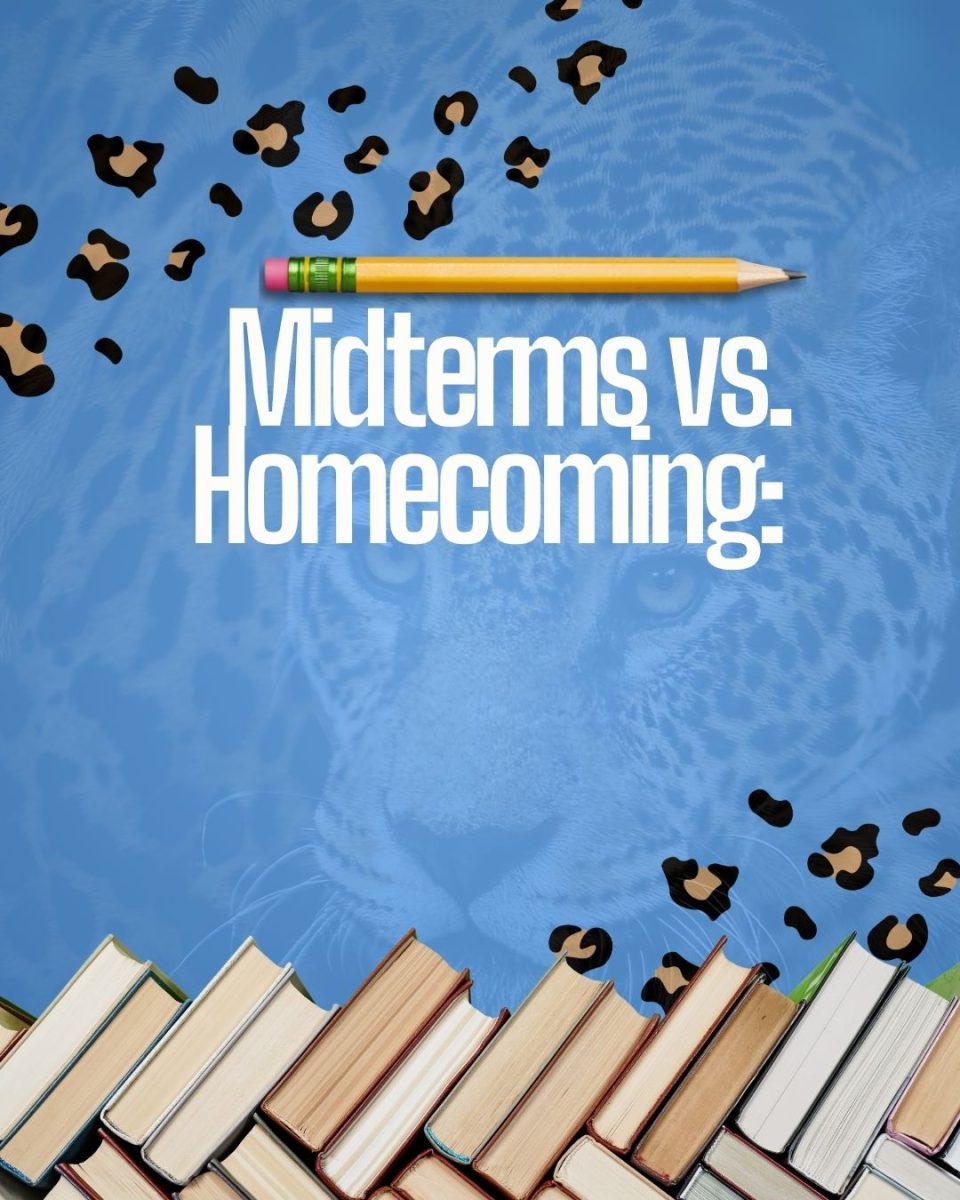“That’s too harsh of a topic; you can’t write about it.” “If you keep writing like this, you’ll get in trouble.” “Maybe change this and make it less harsh.” Censorship in student media is extremely prevalent yet goes unnoticed because of the simple fact that we’re students. Student press is press and that’s why days like Student Press Freedom Day are so important because what people fail to realize is just because it’s coming from a student and not a major publication like the New York Times or Associated Press doesn’t mean that it’s not valid or that it doesn’t deserve recognition too.
It’s important for students to have these rights because so much of the media is prone to censorship and manipulation especially now in more recent events with Elon Musk banning and scrubbing anyone on Twitter off the platform who calls him a Nazi or the official White House page posting stuff like “King Trump” and “Deportation ASMR”. Journalists who have brought things like this to light on a local and university level are students yet student journalists are the most prone to censorship because the school themselves are afraid of their reputation.
Student journalism is important to Southern University because, without it, the campus community would be lacking in one very important way: a way to talk, and to be called to account. Journalism is the voice of the student body: it makes sure that matters of importance, problems, and successes are made known. It is both a violation of our First Amendment and a restriction of our ability to demand change for when faculty and administration create barriers for us. Without the ability of student journalism, we lose the ability to be transparent, represented, and to address matters that impact us directly. Student Journalism is not just about writing about events, but it is also a way to give a stage to student body voices, to demand more transparency, and to speak our truth about our university and community.



